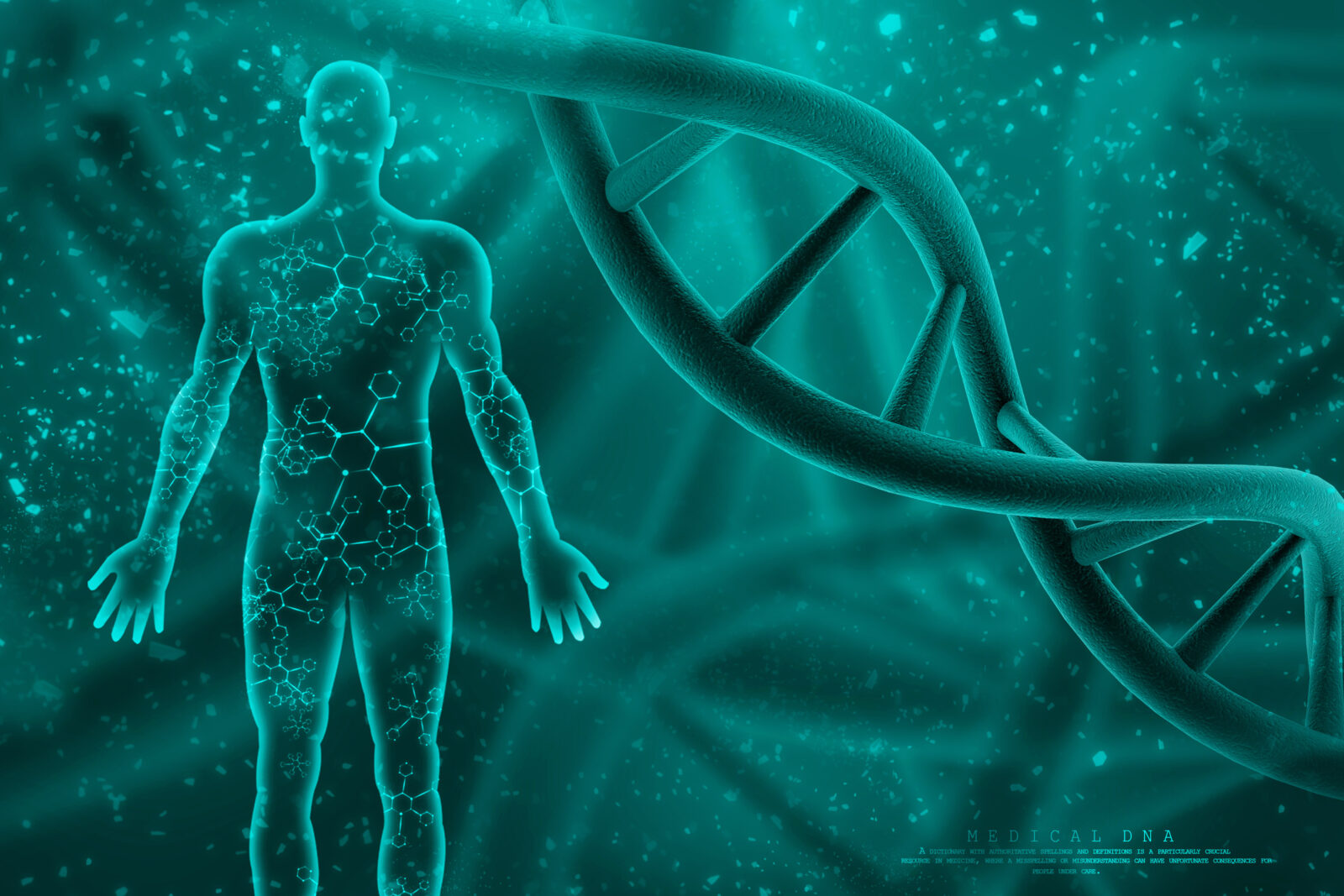


Casey Luskin on the Nature and Fruits of Intelligent Design
On today’s ID the Future, guest Casey Luskin and host Eric Anderson untangle the differences between creationism, intelligent design, and theistic evolution. There are important distinctions as well as areas of overlap, Luskin explains, but the theory of intelligent design focuses on the book of nature, rather than on the Bible or some other sacred book, and offers evidence that certain features of the natural world are best explained by reference to an intelligent cause. The case for intelligent design includes negative arguments against competitor explanations, such as neo-Darwinism, as well as positive evidence for design. And Luskin notes that increasingly this paradigm is fueling fruitful scientific research in everything from protein science to pharmacology and cosmology. To support this important work and Discovery Institute’s Center for Science and Culture, click here for options.

Casey Luskin on Successfully Defending Intelligent Design
On today’s ID the Future, Casey Luskin further discusses his recent essay, “What Is Intelligent Design and How Should We Defend It,” in the new book The Comprehensive Guide to Science and Faith. In his conversation with host Eric Anderson, Luskin rebuts the claims that intelligent design isn’t science (it is), doesn’t produce peer-reviewed research (it does), and is just a negative argument against evolution. He also offers advice on handling personal attacks and objections that you’ve never encountered before. To consider supporting the work of Discovery Institute’s Center for Science and Culture and its brave scientists, click here for options.

Bidding Adieu to Steven Weinberg’s Take on Science and Faith
On today’s ID the Future, Casey Luskin, associate director of Discovery Institute’s Center for Science and Culture, discusses his Evolution News article about the recently deceased Steven Weinberg. On Weinberg’s view, one of science’s social functions is to undermine religion, which he sees as superstition. Luskin takes the opposite view and points to skilled and successful scientists he got to know in Africa. He says these scientists are convinced that the supernatural is real and would find Weinberg’s secular Western rejection of the supernatural as blinkered. Luskin and host Robert Crowther also discuss a hopeful trend among some atheists toward a more civil and respectful way of engaging intelligent design, even to the point of acknowledging that design theorists are making thoughtful, substantive arguments. Luskin summarizes six lines of evidence for design, and encourages people to escape the internet atheist bubble and read the best ID scholars firsthand rather than depending on strawman summaries of those arguments.

What Is Life? Getting ID Wrong, Getting it Right
On this episode of ID the Future, Discovery Institute education outreach specialist Daniel Reeves illustrates how ID opponents commonly erect mindless straw men versions of the theory of intelligent design, as if by refuting a false version they’ve done any damage to the real thing. Then, in this middle portion of a talk he gave to students at the 2020 Dallas Science and Faith Conference, he explains what ID really is, and the central question ID seeks to answer.

How Darwinian Evolution Informed Hitler’s Ethics
On this episode of ID The Future, Tod Butterfield talks with historian Dr. Richard Weikart about his new book Hitler’s Religion: The Twisted Beliefs that Drove the Third Reich. In this episode, Dr. Weikart explains how Darwinian evolution informed Hitler’s ethics.

Was Hitler a Creationist? Hitler Historian Says No.
On this episode of ID The Future, Tod Butterfield talks with historian Dr. Richard Weikart about his new book Hitler’s Religion: The Twisted Beliefs that Drove the Third Reich. Here Dr. Weikart explores the claim that Hitler was a creationist and shows why it misses the mark.

The Hypocritcal Bias Against Faith in Science Rhetoric
On this episode of ID The Future, Dr. John West, Associate Director for Discovery Institute’s Center for Science & Culture, discusses the attempts by many Darwinists to relegate intelligent design to the humanities, equating it with creationism so as to avoid discussion of its scientific merits. West also talks about the mistaken notion that science and faith are incompatible: “Regardless of whether someone happens to be religious or not, they have the right to participate in the public life, and that includes in science and the arts.”
Read More ›
What Does It Mean to Be a “Friend of Darwin”?
On this episode of ID the Future, David Klinghoffer talks about what it means to be a “Friend of Darwin.” In the case of Zack Kopplin, a 2012 recipient of the Friend of Darwin award, it means grossly misleading the public about science and education by equating skepticism of Darwinian evolution with biblical creationism.

Intelligent Design Doesn’t Go There: Opposing Views, Part 4
On this episode of ID the Future, Casey Luskin makes the case that intelligent design has scientific merit because it is does not try to address religious questions about the supernatural. ID limits its claims to what can be scientifically inferred from the empirical domain, setting it apart from creationism. Listen in as Luskin shows how ID is a legitimate scientific alternative to neo-Darwinism that has key differences from creationism.
Read More ›